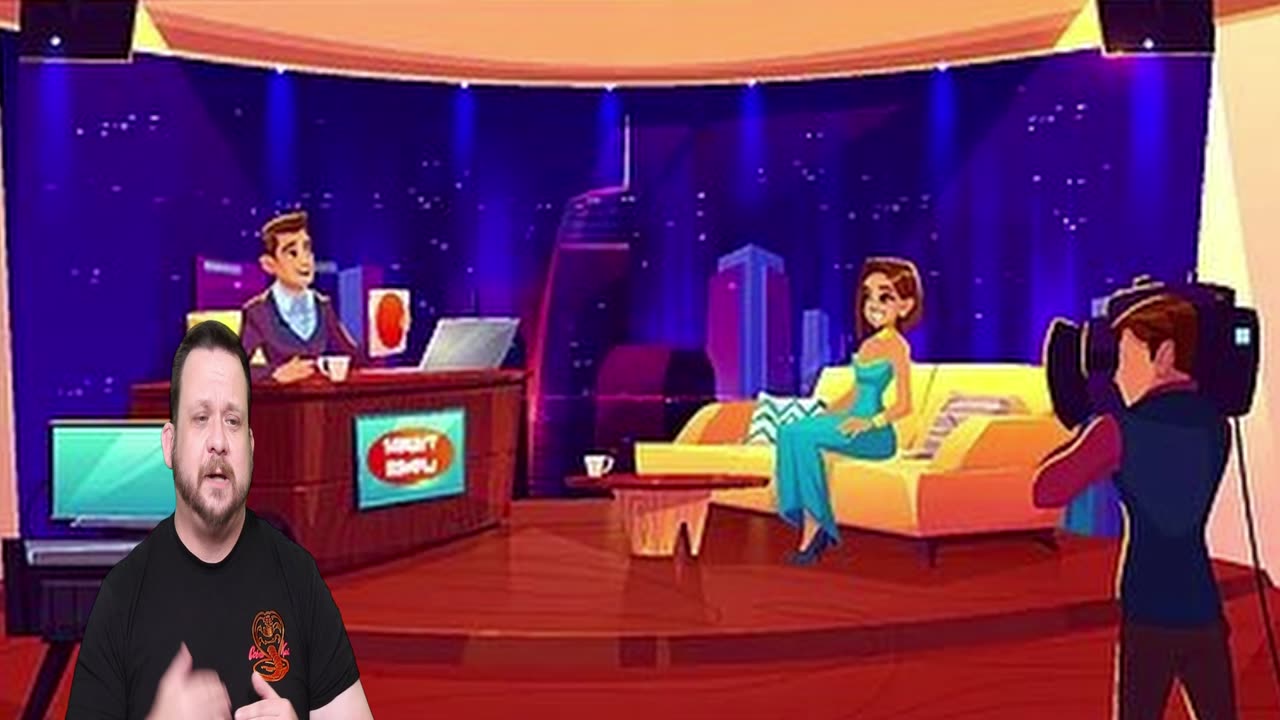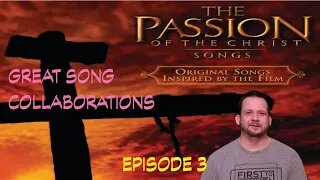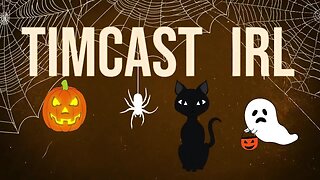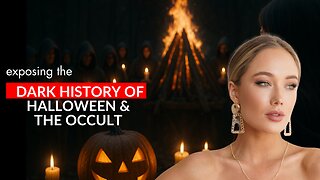Premium Only Content

INTERVIEW TIPS. Helpful Advice on How To Prepare and Conduct Interviews, What We've Learned
In today's Tech Tuesday, Brian talks about some important tips we've learned on how to research, prepare for, and conduct interviews with artists, celebrities, and other interesting individuals.
We receive many questions every week about helpful tips. We try to create as many tip videos as we can. If there is something you are stuck on and or have questions you need help on. Let us know in the comments below. We will try to put out videos as quick as we can to your questions.
Also, don’t forget to check out Inspiring How UC That on our other platforms:
Website Links: https://ihuct.org/
Youtube: https://www.youtube.com/@InspiringHowUCThat
Facebook: https://www.facebook.com/inspiringhowUCthat
Instagram: https://www.instagram.com/inspiringhowucthat/
Twitter: https://twitter.com/IHUCT
Tiktok: https://www.tiktok.com/@ihuct
E-mail: [email protected]
#interview #interviewtips #interviewtipsandtricks #settingupforaninterview #interviewingskills #interviewsetup #howto #howtovideo #howtointerview #whatsneededforaninterview #propersetupforinterview #trainingtips #canon #canon70d #canoneos70D #bestcamera #bestcameraforvideos #cameratips #recordingtips #OBSupdate #OBSchromakey #addbackgroundtovideo #addingmicinobs #obsmicadjustments #howtosetmicsettingsinOBS #obsfilter #obsmicrophonefilters #OBSblockedvideo #ESPNBlockedvideo #ESPNOBSBlock #OBSblackscreen #OBSappblocked #OBSnetflix #OBSBlackscreenfix #SecurityblockingOBS #OBSscreenrecording #howtogamecaturerecord OBSrecording #obs #recordingecho #howtofixsoundecho #soundsettings #noisedistortion #eqsettings #EditingTips #YoutubeVideos #InspiringHowUCthat #timesavingtips #editingsoftware #videoediting #techTuesdays
Historical/Background information on interviewing from Wikipedia (https://en.wikipedia.org/wiki/Interview):
An interview is a structured conversation where one participant asks questions, and the other provides answers. In common parlance, the word "interview" refers to a one-on-one conversation between an interviewer and an interviewee. The interviewer asks questions to which the interviewee responds, usually providing information. That information may be used or provided to other audiences immediately or later. This feature is common to many types of interviews – a job interview or interview with a witness to an event may have no other audience present at the time, but the answers will be later provided to others in the employment or investigative process. An interview may also transfer information in both directions.
Interviews usually take place face-to-face, in person, but the parties may instead be separated geographically, as in videoconferencing or telephone interviews. Interviews almost always involve spoken conversation between two or more parties. In some instances a "conversation" can happen between two persons who type their questions and answers.
Interviews can be unstructured, free-wheeling and open-ended conversations without predetermined plan or prearranged questions. One form of unstructured interview is a focused interview in which the interviewer consciously and consistently guides the conversation so that the interviewee's responses do not stray from the main research topic or idea. Interviews can also be highly structured conversations in which specific questions occur in a specified order. They can follow diverse formats; for example, in a ladder interview, a respondent's answers typically guide subsequent interviews, with the object being to explore a respondent's subconscious motives. Typically the interviewer has some way of recording the information that is gleaned from the interviewee, often by keeping notes with a pencil and paper, or with a video or audio recorder. Interviews usually have a limited duration, with a beginning and an ending.
The traditionally two-person interview format, sometimes called a one-on-one interview, permits direct questions and follow-ups, which enables an interviewer to better gauge the accuracy and relevance of responses. It is a flexible arrangement in the sense that subsequent questions can be tailored to clarify earlier answers. Further, it eliminates possible distortion due to other parties being present.
Face to face interviewing helps both parties to interact and form a connection, and understand the other.[8] Further, face to face interview sessions can be more enjoyable.
*Copyright Disclaimer Under Section 107 of the Copyright Act 1976, allowance is made for "fair use" for purposes such as criticism, comment, news reporting, teaching, scholarship, and research. Fair use is a use permitted by copyright statute that might otherwise be infringing. Non-profit, educational or personal use tips the balance in favor of fair use. No copyright infringement intended. ALL RIGHTS BELONG TO THEIR RESPECTIVE OWNERS*
-
 6:27
6:27
Inspiring How UC That
2 years ago $0.01 earnedBest Song Collaborations, Part 3 - ft. Skillet, Papa Roach, First to Eleven, and Others
246 -
 18:36
18:36
Clownfish TV
23 hours agoYouTube Just NERFED YouTube Gaming... | Clownfish TV
5.76K15 -
 10:26
10:26
Silver Dragons
18 hours agoSilver is TAKING OFF Around the World
6.77K3 -
 1:36
1:36
From Zero → Viral with AI
1 day ago $1.01 earnedAI in Content Creation & Discovery – The New Era of Marketing
5.42K -
 1:20:10
1:20:10
FreshandFit
12 hours agoMiami Halloween Street Debate
210K113 -
 2:06:16
2:06:16
TimcastIRL
15 hours agoTrump Calls For NUCLEAR OPTION, END Filibuster Over Food Stamp Crisis | Timcast IRL
221K186 -
 3:58:54
3:58:54
SavageJayGatsby
13 hours ago🎃 Friend Friday – Halloween Edition! 👻🕷️
56.1K4 -
 16:16
16:16
Robbi On The Record
12 days ago $22.40 earnedThe Dark History of Halloween | What You Should Know
72.1K70 -
 58:18
58:18
Flyover Conservatives
1 day agoThe Truth About Halloween that You DIDN’T Know - Holiday Special - Historian Bill Federer | FOC SPECIAL Show
67.9K11 -
 3:10:46
3:10:46
Ellie_roe
11 hours agoEllie and Errys Halloween Spooktacular || Random Horror Games
35.1K8